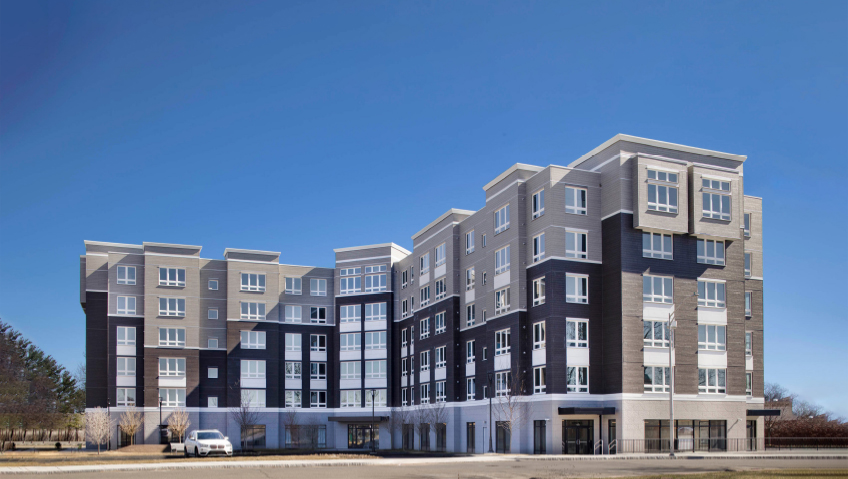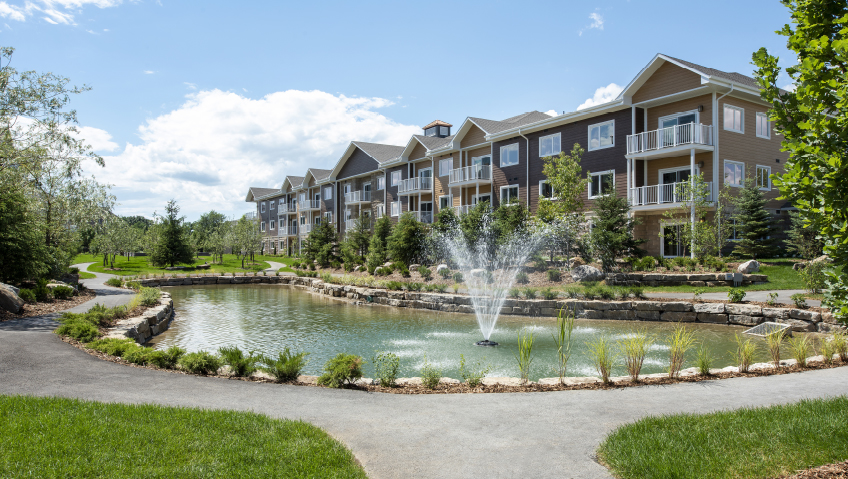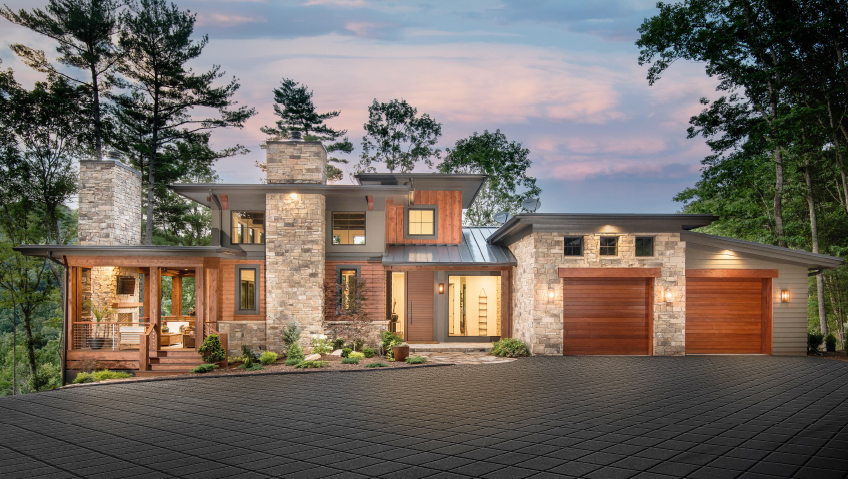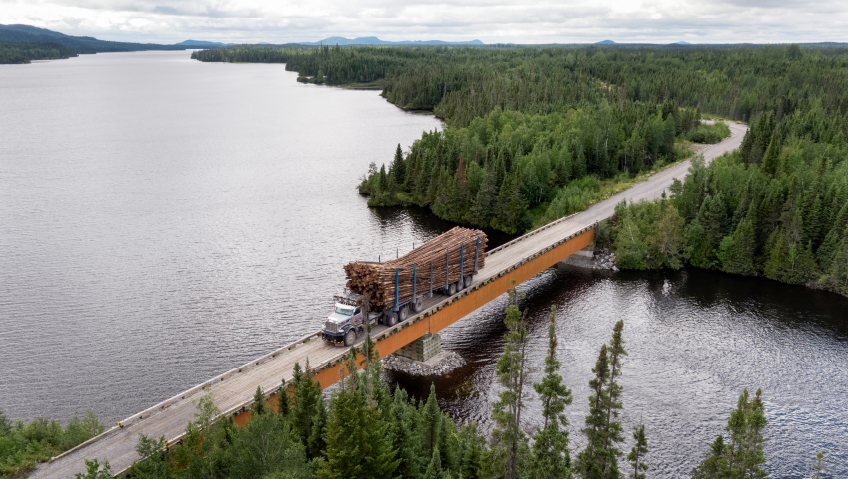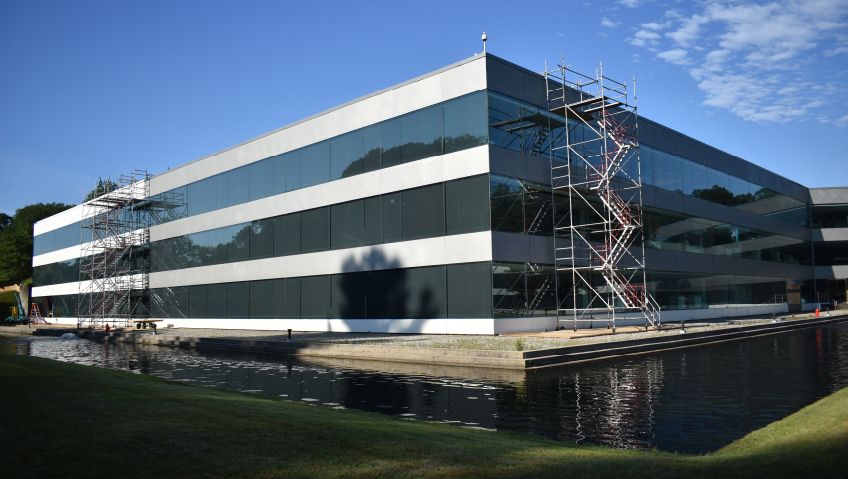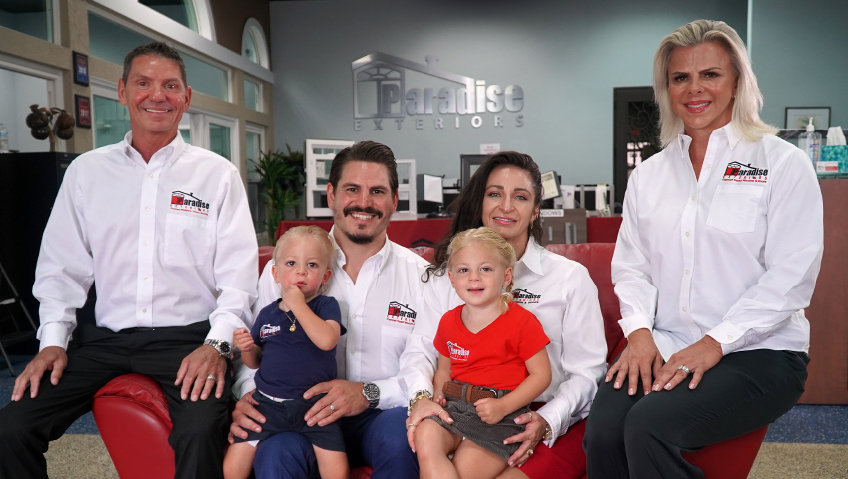Real estate developer Dakota Partners Inc. specializes in affordable housing and sustainable building practices. From its base in Massachusetts, the company serves clients across the east side of the country. It was founded in 2006 by Chief Executive Officer Marc Daigle and President Roberto Arista.
An architect and developer/investor, respectively, Daigle and Arista got into the affordable housing and low-income tax credit sectors together, embracing the business side of operations. Dakota Partners was then developed around ‘creating housing that matters,’ a credo that is embraced at all levels of the company as owners and employees alike are passionate about building good quality, sustainable housing for people with moderate income levels.
Dakota is best known today for projects like those it has done in Connecticut, including the apartment rental communities Oak Tree Village and Columbus Commons. Projects like these have garnered the firm many awards, including the distinction of top Passive House affordable housing developer in America.
Vice President of Acquisitions and Development Chris French stresses that this type of housing is more important than ever as, for so many people across the nation, the cost of living has outpaced income growth. “We take [our] mission very seriously,” French stresses, and there has hardly been a more important time for the services Dakota provides than right now.
Sustainable building is a core practice of the firm, as it represents a more modern take on engineering, design, and construction. The practice considers the emissions a development gives off against what it consumes, to get as close to net-zero emissions as possible. Dakota Partners builds to a standard called Passive House, taking into consideration its envelope, insulation, air sealing, thermal bridging in windows, doors, and entrances, and so on. The distinction is recognized worldwide as the best way to build energy-efficient residences.
A building with a Passive House Plus rating consumes as much energy as it produces—“truly net-zero,” as French defines it—and is the grading that Dakota pursues in its projects. Beyond the green aspects of this type of building, a more efficient household means a lower utility bill for whoever lives within, leading, in turn, to more cash flow and property value for the tenant. “Sustainability can be economically beneficial in the long-term,” French adds.
This net-zero emissions goal puts a lot of pressure on engineering and construction companies to lower the carbon footprint of newer developments and puts added costs onto developments to ensure this. However, the positive side of this is that many industries are leaning toward energy efficiency and climate control, which means new funding sources have become available in recent years, from solar and energy efficiency rebates to subordinate loan sources and grants. As time goes on, there are more funding sources for sustainable development as the construction and development industries are beginning to realize the benefits of adopting sustainable practices.
Dakota is not alone in its views or its efforts on sustainable building. The firm works in partnership with architects, engineers, and employees to bring a project to fruition, but part of its goal is to find new and creative ways to fund projects, a challenge it loves to meet. In affordable housing, one must bring together every possible funding source to finish a project and cope with high interest rates and construction costs.
It is no small task to be as committed to sustainable practices as Dakota is, but the firm is always ready to meet expectations. French says that community partners are also a critical part of what Dakota Partners looks to do, especially in the affordable housing space. The company has dealings with partners at the federal, state, and local levels, with the biggest of these being local non-profit organizations.
Building affordable housing particularly benefits tenants in serious situations, so Dakota often joins with these organizations to provide support services within the property. For example, in Rochester, New York, it found a partner in Willow Center, an organization for survivors of domestic violence. “Our goal is to enhance our commitment to providing supportive services in partnering with talented local non-profits to do so,” French affirms.
The construction and development industries are dealing with the tail end of the COVID-19 pandemic, and French notes that the spaces are still heavily affected by ongoing supply chain issues, combined with rising costs in construction and insurance. However, Dakota Partners is still quite active as a developer. French notes ten active deals the firm has in New York and several in Connecticut, Virginia, Maryland, and Ohio.
As the company continues an expansion in the mid-Atlantic region, French feels that this growth and the increased level of competition in the sector are daunting yet exciting challenges. He believes that now is one of the most challenging times for these spaces, thanks to lingering effects from the pandemic, as costs are rising by twenty to thirty percent year-on-year along with rising interest rates, which creates no shortage of financial difficulties.
French acknowledges that companies must be very nimble at times like these and hope that the financial markets will calm once interest rates decrease. The firm is focused on the ongoing affordable housing crisis and is doing all it can to find and access the resources needed to weather the storm.
Dakota Partners will be looking to grow and expand throughout the rest of the year, albeit safely and responsibly. The firm’s expansion into the mid-Atlantic region is ongoing, as is further expansion into Virginia, Maryland, and Ohio. There is even potential for opportunities in areas like the Carolinas and New Jersey, in which the company is not yet established. French also hopes to pick up more work in New York, Connecticut, and Massachusetts, as the firm has around twenty deals at various stages of development across its various regions. Atop this, Dakota will likely see its units double in ownership in the next five to seven years.
Dakota Partners “is highly active with lots of deals in the pipeline,” French affirms, and the firm shows no signs of slowing down despite a tumultuous development market. The company works to create what it refers to as ‘the Dakota difference,’ and with its commitment to Passive House principles in its projects, that very difference is what helps it stand out amongst other developers—and is also what has kept it going strong for nearly two decades.

